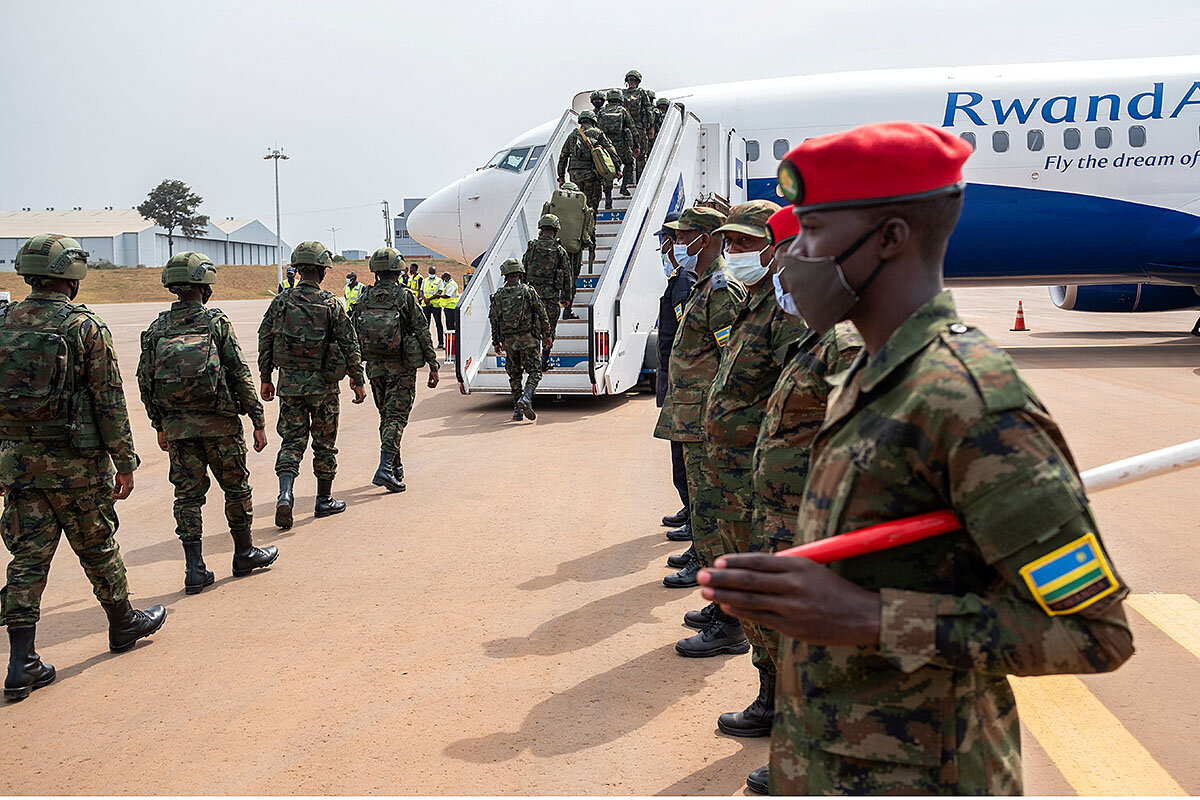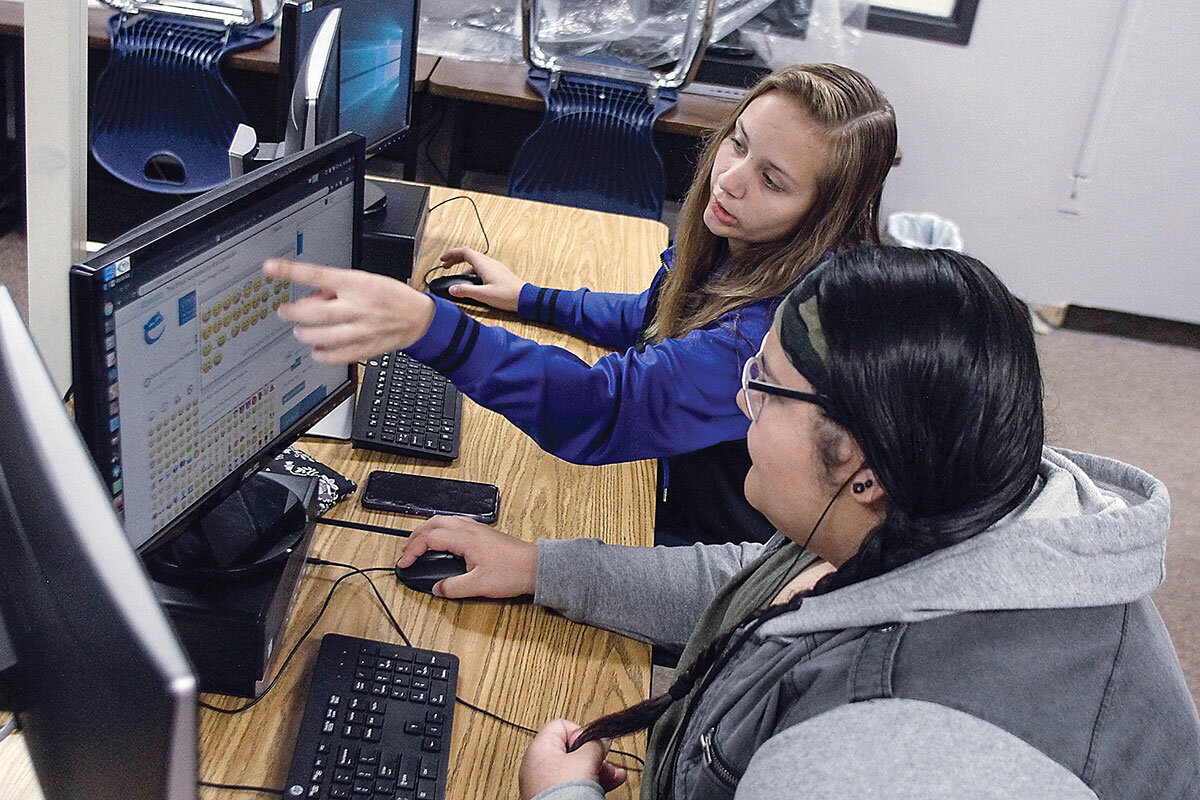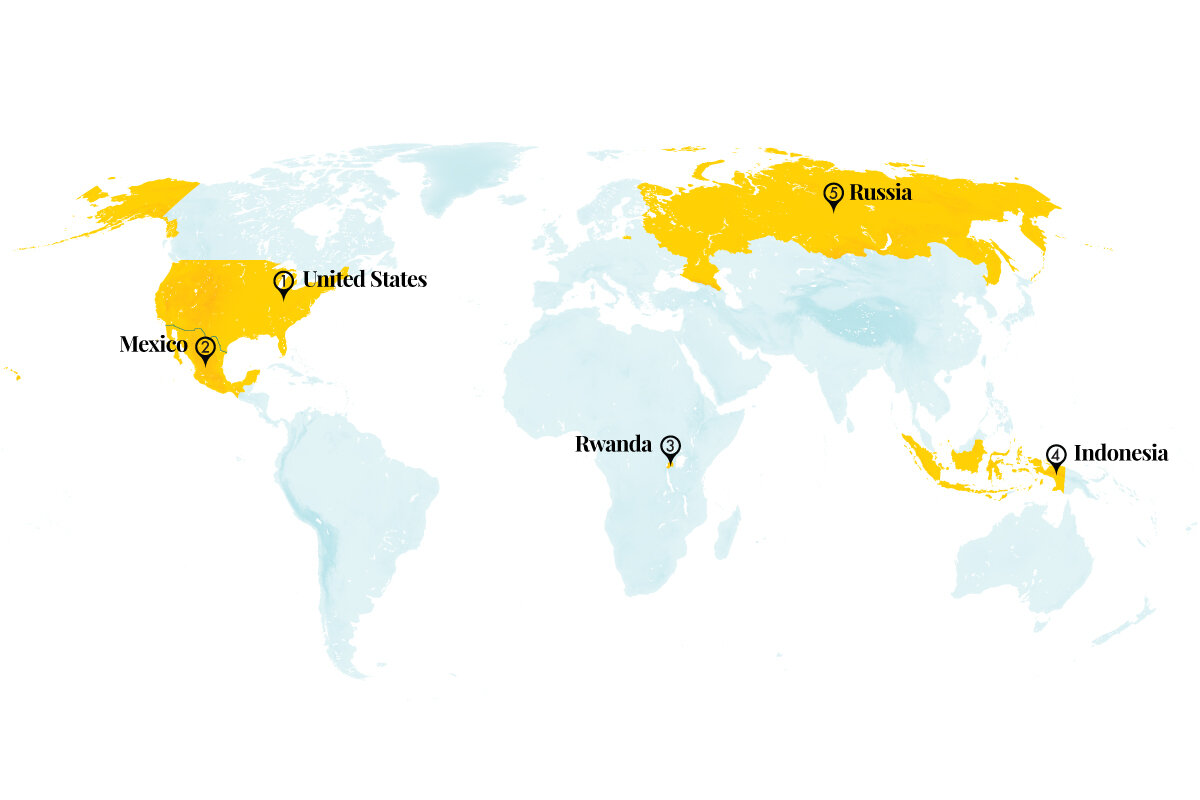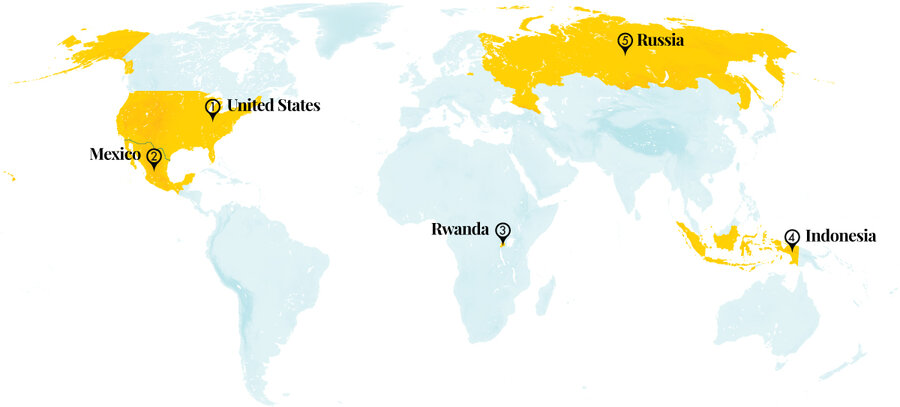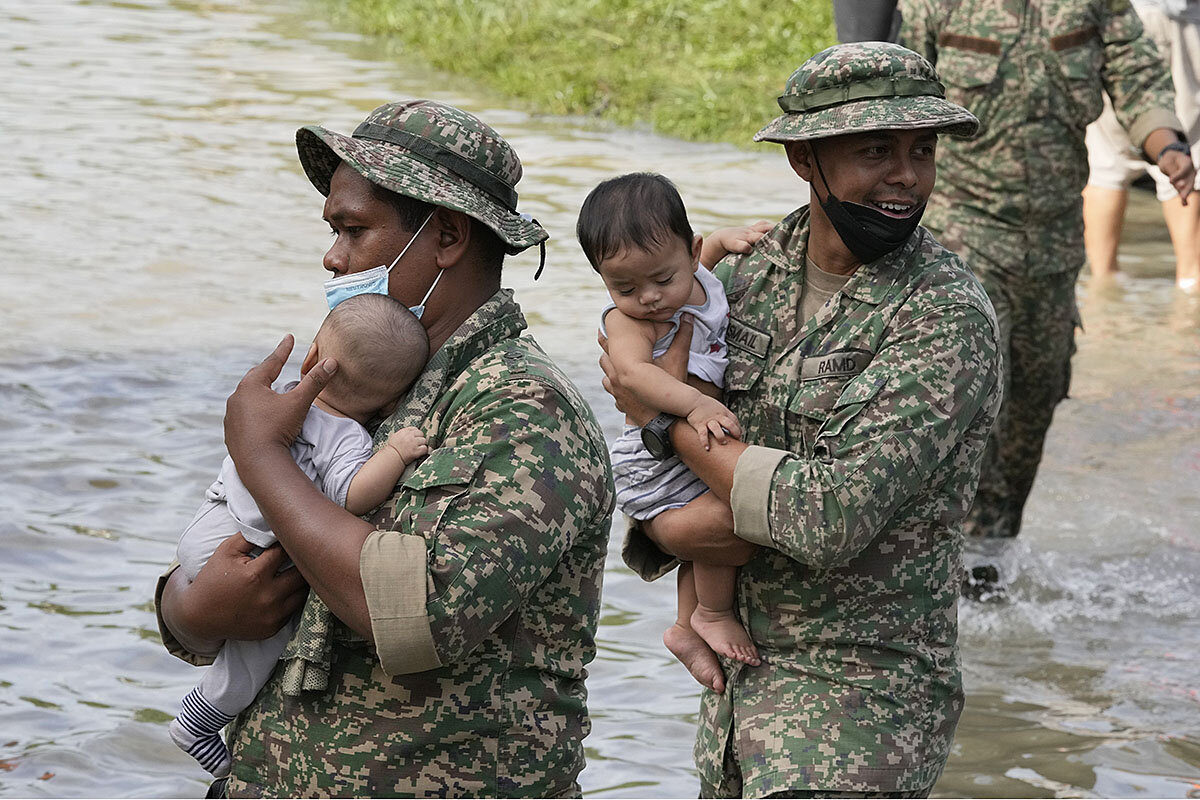The pandemic has prompted many people to leave the job market. It could be a golden opportunity to upgrade skills that boost career opportunities. But many are not taking it – the result of a complex array of factors that could have long-term impact.
Monitor Daily Podcast
- Follow us:
- Apple Podcasts
- Spotify
- RSS Feed
- Download
 Amelia Newcomb
Amelia Newcomb
It was an eye-catching headline amid the current flood of news: “Americans overwhelmingly do not blame God for the pandemic, or any suffering.”
The article that followed summarized a new Pew Research Center survey of how Americans – 91% of whom believe in God as described in the Bible or a higher power – have thought about life in a difficult year that has also seen destructive wildfires, flooding, and tornadoes.
Pew conducted the survey to solicit “views on why terrible things happen.” About 70% of respondents, religiously affiliated or not, supported the idea that people’s own actions as well as our institutions play a role. But 61% also said hard times present “an opportunity for people to come out stronger,” and majorities indicated that troubling events made them more grateful for the good in their lives and more compassionate toward those who were struggling.
Pew then homed in on the 91% – a number that remains high, despite the rise of religiously unaffiliated people – and asked about the effect of hard times on spiritual faith. Some 15% said that suffering indeed raised questions about God’s all-power or love. But far more said that “‘only a little’ (22%) or ‘none at all’ (46%) of the suffering in the world is punishment from God.”
For David Lamberth, a Harvard Divinity School professor who helped design the survey, it reinforces the idea that the dominant religious view among people “is of God as comforter or source of salvation from suffering in the long run.”
As one Mormon said, “God has not promised us that we will not have hard or difficult times in our life. He HAS promised us that He will ALWAYS be with us.”






